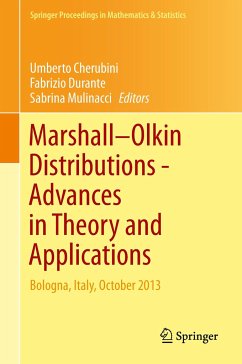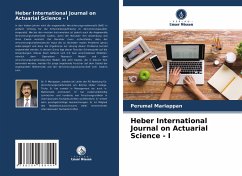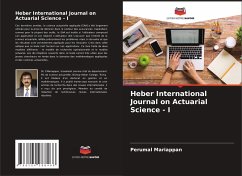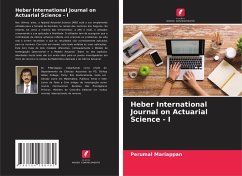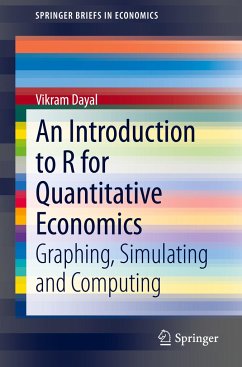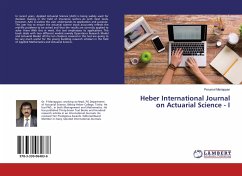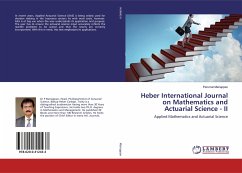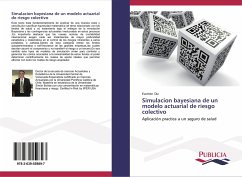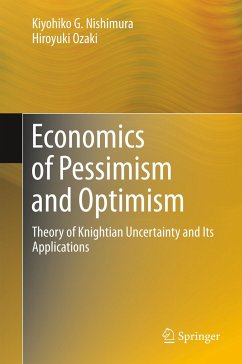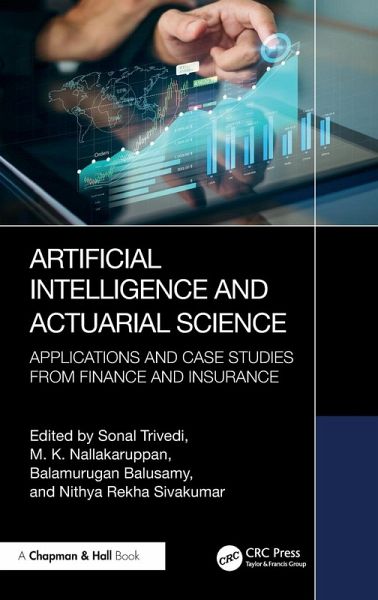
Artificial Intelligence and Actuarial Science
Applications and Case Studies from Finance and Insurance
Herausgegeben: Trivedi, Sonal; Nallakaruppan, M. K.; Balusamy, Balamurugan; Sivakumar, Nithya Rekha
Versandkostenfrei!
Versandfertig in 6-10 Tagen
137,99 €
inkl. MwSt.
Weitere Ausgaben:

PAYBACK Punkte
69 °P sammeln!
This book aims to explore how to automate, innovate, design, and deploy emerging technologies in actuarial work transformations for the insurance and finance sector. It examines the role of artificial intelligence with process automation in daily monitoring of solvency, governance, compliance, data processes, etc. It also explores the usage of machine learning, telematics system, AI-enabled claim processing software, Big Data and Algorithms, Explainable AI, and AI-enabled risk management tools in various actuarial processes.This book:- Presents case studies and best practices with real-world e...
This book aims to explore how to automate, innovate, design, and deploy emerging technologies in actuarial work transformations for the insurance and finance sector. It examines the role of artificial intelligence with process automation in daily monitoring of solvency, governance, compliance, data processes, etc. It also explores the usage of machine learning, telematics system, AI-enabled claim processing software, Big Data and Algorithms, Explainable AI, and AI-enabled risk management tools in various actuarial processes.
This book:
- Presents case studies and best practices with real-world examples of successful and unsuccessful actuarial work transformation initiatives and transformation with emerging technologies
- Offers deployment solutions for different applications of AI in actuarial work
- Discusses how organizations can effectively incorporate AI into their current practices of actuarial work
- Covers diverse emerging technologies, practices, and processes of actuaries from around the globe
- Elaborates upon a framework for comprehending how big data and AI developments may affect insurance offers and their supervision
- Explains how insurance companies may review and modify their current Risk Management Framework (RMF) to take into account some of the significant differences while implementing AI use cases
This reference book is for scholars, researchers and professionals interested in Artificial Intelligence and Actuarial Science.
This book:
- Presents case studies and best practices with real-world examples of successful and unsuccessful actuarial work transformation initiatives and transformation with emerging technologies
- Offers deployment solutions for different applications of AI in actuarial work
- Discusses how organizations can effectively incorporate AI into their current practices of actuarial work
- Covers diverse emerging technologies, practices, and processes of actuaries from around the globe
- Elaborates upon a framework for comprehending how big data and AI developments may affect insurance offers and their supervision
- Explains how insurance companies may review and modify their current Risk Management Framework (RMF) to take into account some of the significant differences while implementing AI use cases
This reference book is for scholars, researchers and professionals interested in Artificial Intelligence and Actuarial Science.






